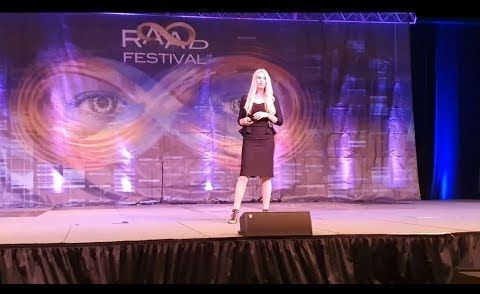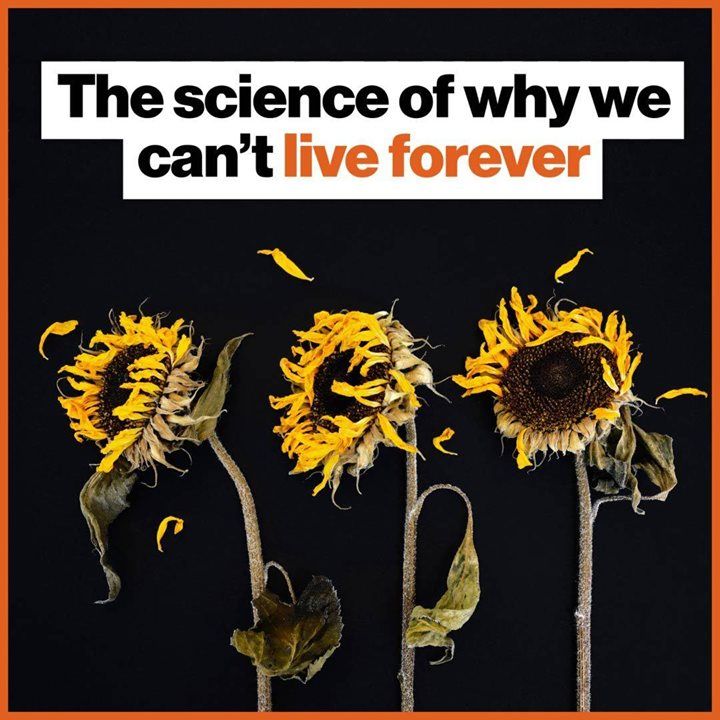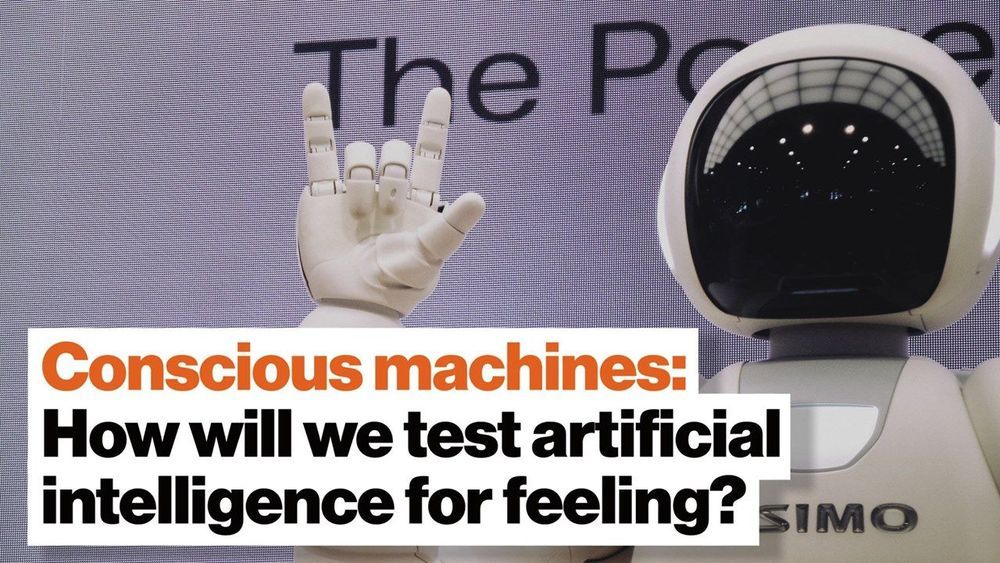Oct 24, 2019
The Universe Is Made of Tiny Bubbles Containing Mini-Universes, Scientists Say
Posted by Paul Battista in category: space
‘Spacetime foam’ might just be the wildest thing in the known universe, and we’re just starting to understand it.
‘Spacetime foam’ might just be the wildest thing in the known universe, and we’re just starting to understand it.
Many advanced artificial intelligence projects say they are working toward building a conscious machine, based on the idea that brain functions merely encode and process multisensory information. The assumption goes, then, that once brain functions are properly understood, it should be possible to program them into a computer. Microsoft recently announced that it would spend US$1 billion on a project to do just that.
So far, though, attempts to build supercomputer brains have not even come close. A multi-billion-dollar European project that began in 2013 is now largely understood to have failed. That effort has shifted to look more like a similar but less ambitious project in the U.S., developing new software tools for researchers to study brain data, rather than simulating a brain.
Some researchers continue to insist that simulating neuroscience with computers is the way to go. Others, like me, view these efforts as doomed to failure because we do not believe consciousness is computable. Our basic argument is that brains integrate and compress multiple components of an experience, including sight and smell – which simply can’t be handled in the way today’s computers sense, process and store data.
MINIATURE brains which have been grown in the lab could have some form of consciousness and could be suffering as a result, scientists have worryingly claimed.

Hayley Harrison sent me this video taken-filmed by Andrés Grases and posted it to Youtube… I know for a certainty that Gene therapy will not increase Life span into 125 or beyond years due to the Animal Eukartyotic cell of the earth having a plague that infects all cells into mutation and early cell death.
This year I had the privilege to record in full Liz Parrish talk delivered at RAADfest 2019 (Revolution Against Aging and Death Festival 2019), which took place in Las Vegas, NV from 3 to 6 of October.
Continue reading “Liz Parrish conference at RAADfest 2019 (05-Oct-2019)” »
Say this about the kinds of molecular mayhem that we know underlie aging: Mechanisms like whether the ends of chromosomes fray (bad) and whether genes’ on-off status breaks down (really bad) at least sound like plausible ways to impair vital organs, from skin to brains and hearts, and produce the whole sorry mess known as aging.
On Wednesday, scientists reported a driver of aging that, in contrast, even the lead researcher diplomatically calls “counterintuitive”: neuronal activity. Aging, of course, affects the brain. But the brain seems to affect aging, too, they found: In creatures from worms to mice to people, high levels of neuronal firing spell a shorter life span. Lower levels — naturally, or due to drugs that dampen neurons’ activity — increase longevity.
The discovery4 was so surprising that it’s taken two years to be published (in Nature) because of how much additional data the outside scientists reviewing the study requested. Geneticist Bruce Yankner of Harvard Medical School, who led the research, understood their skepticism. “If you say you have a cat in your backyard, people believe you,” he said. “If you say you have a zebra, they want more evidence.”

In this video, science writer Michael Shermer discusses the universal laws that preside over why stars fade out — and we do, too.

To determine whether robots have a felt quality of experience, we’ll have to ask them, and ourselves, several probing questions — i.e., “Can the mind existing separately from the body?” “Can the system exist without the computer?”
They’ll also need to possess the right “architectural features.” In this video, NASA’s Dr. Susan Schneider explains more.
